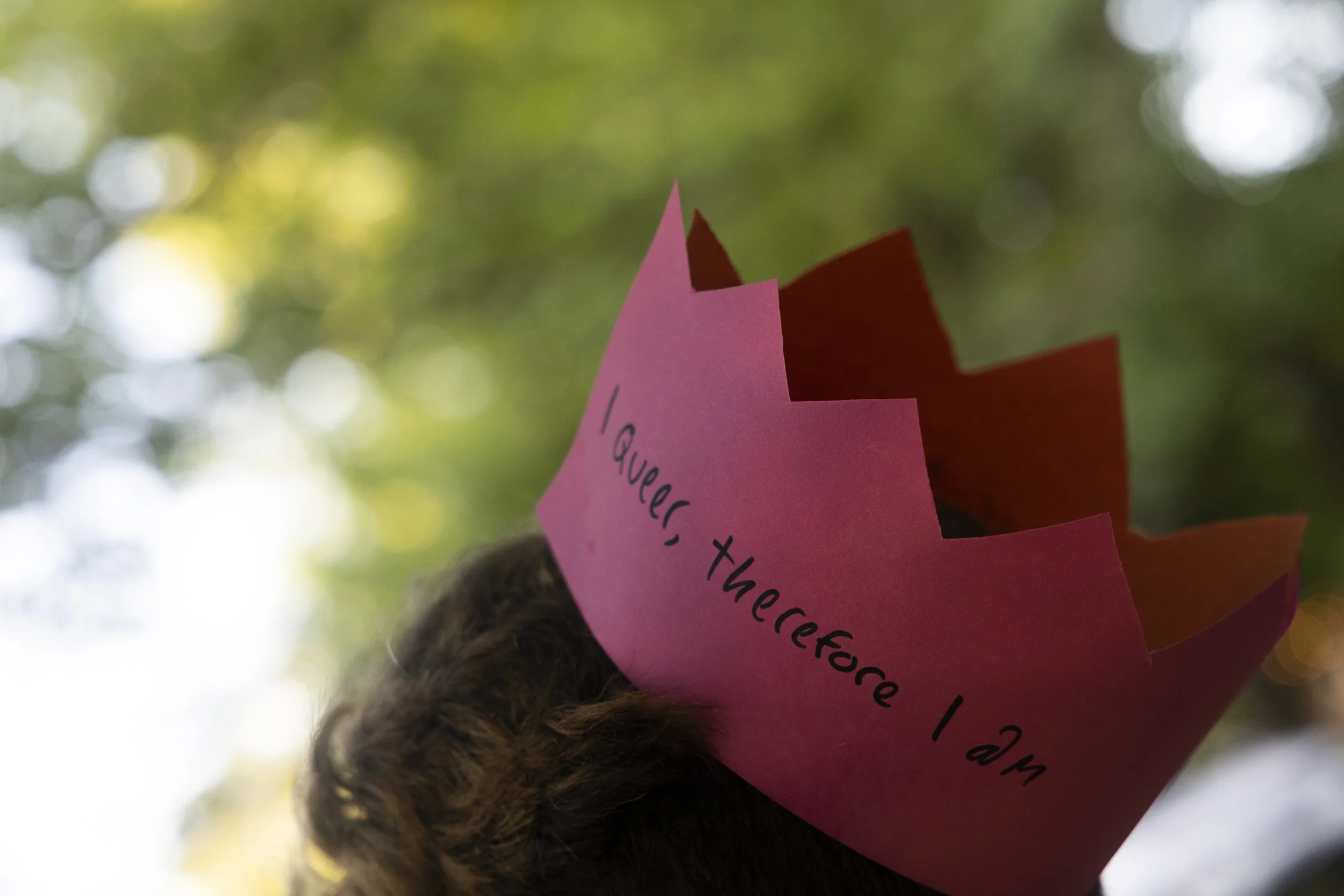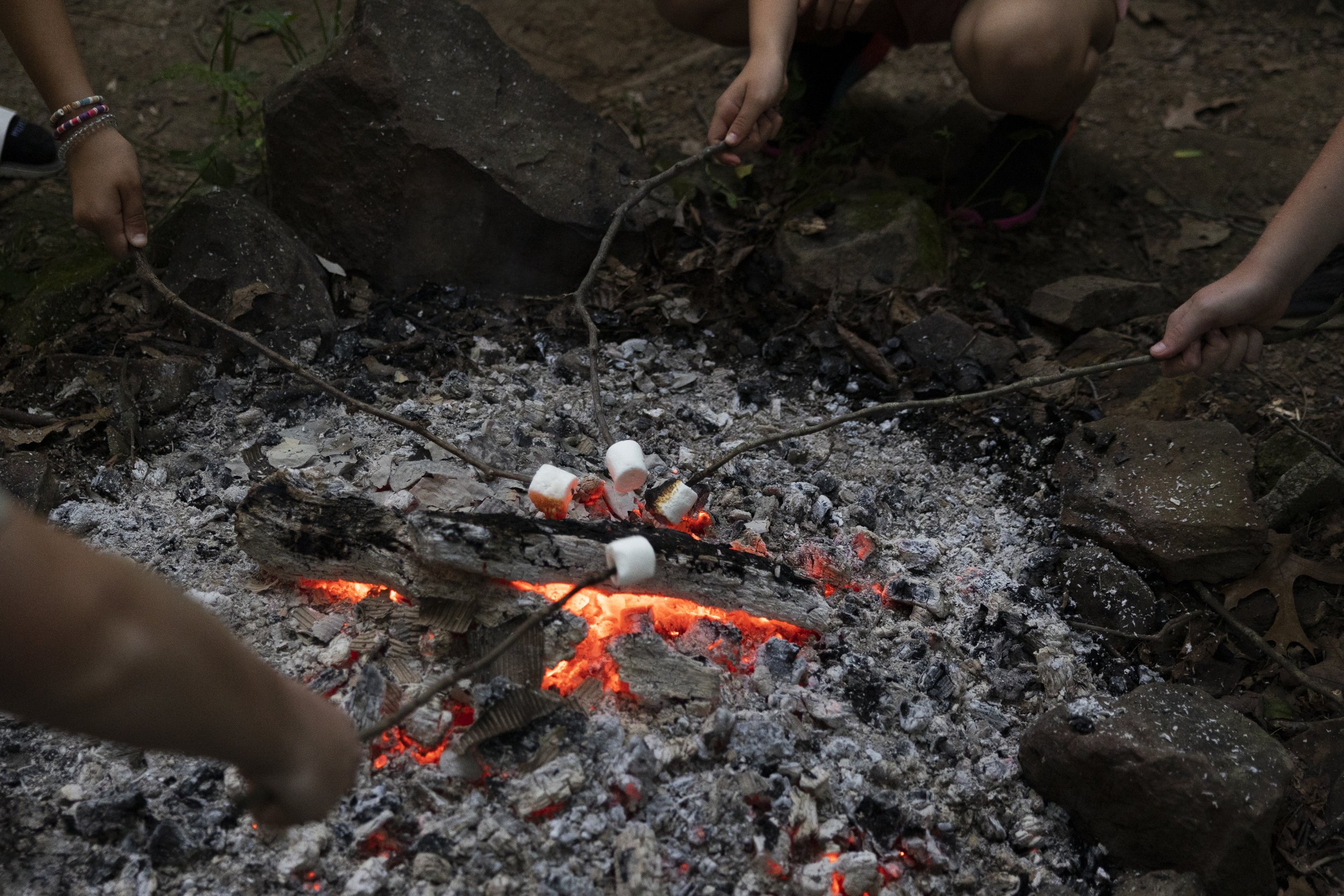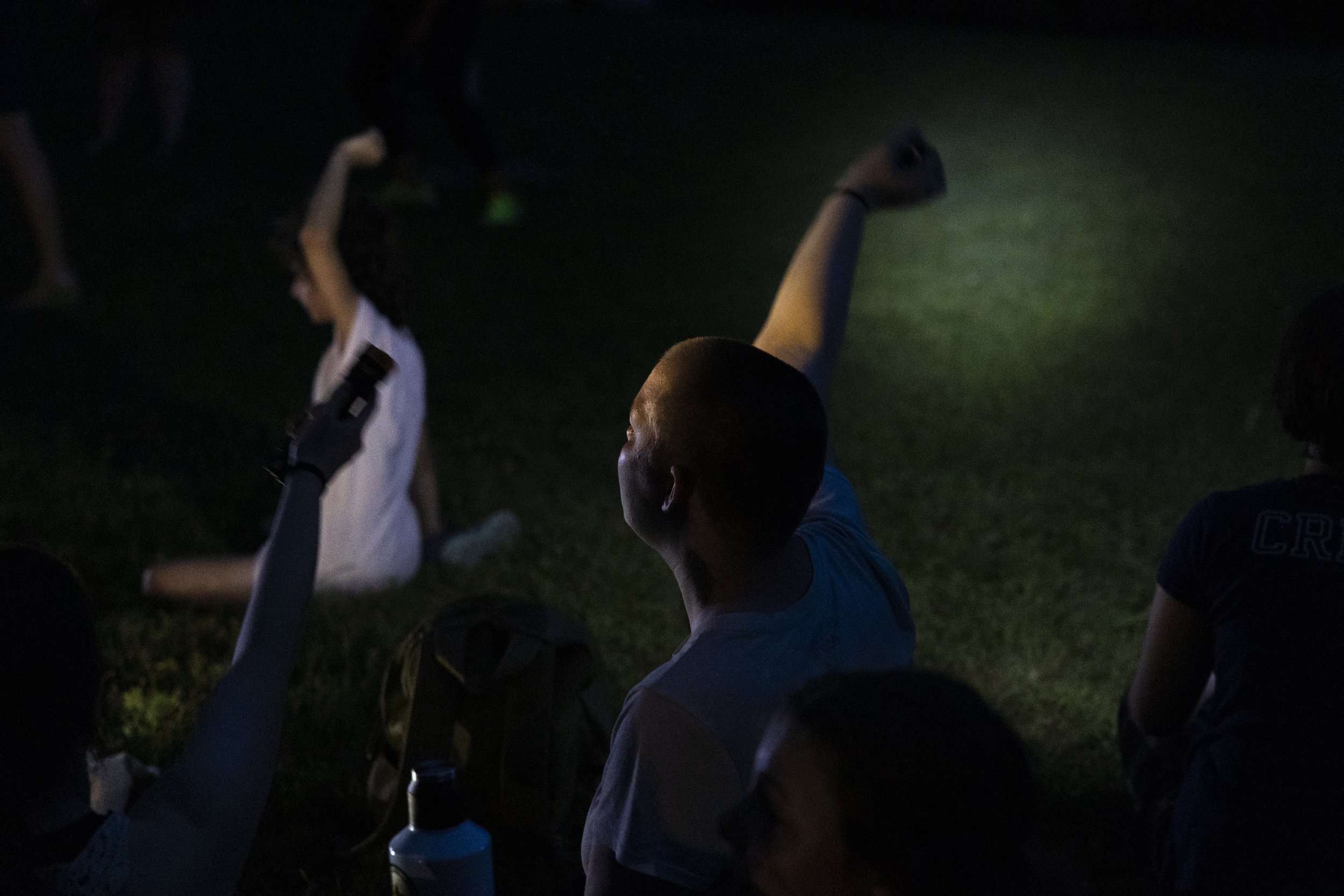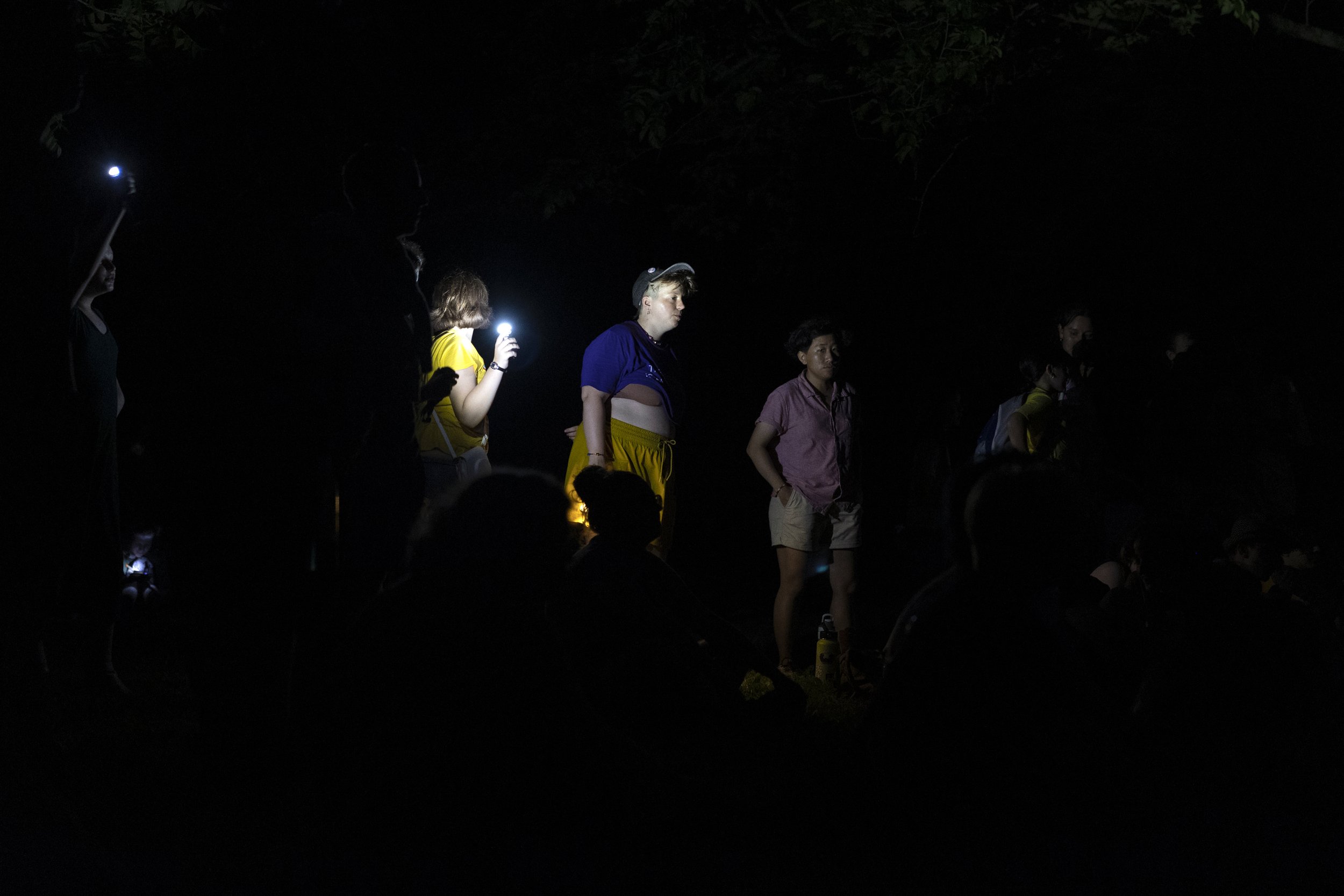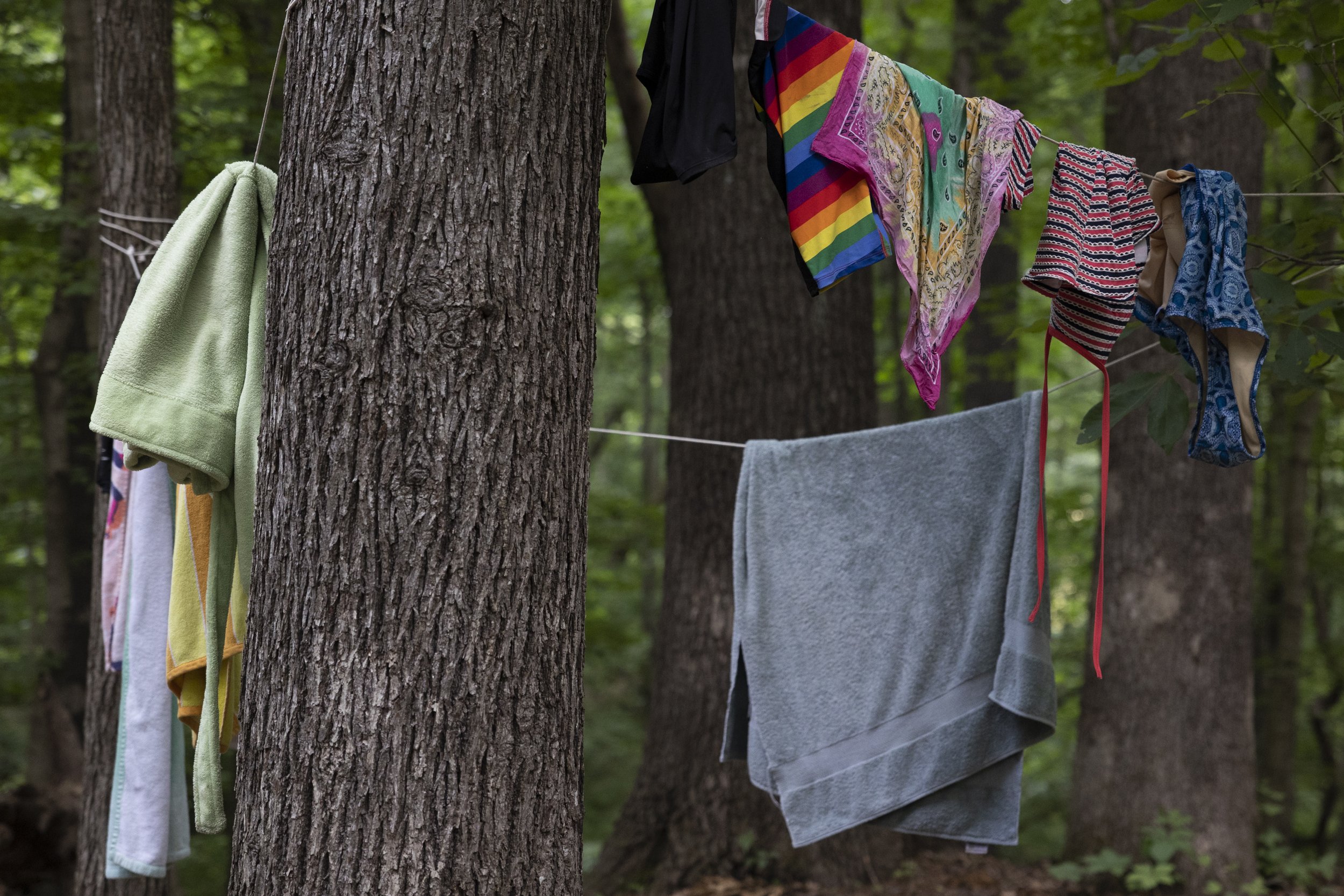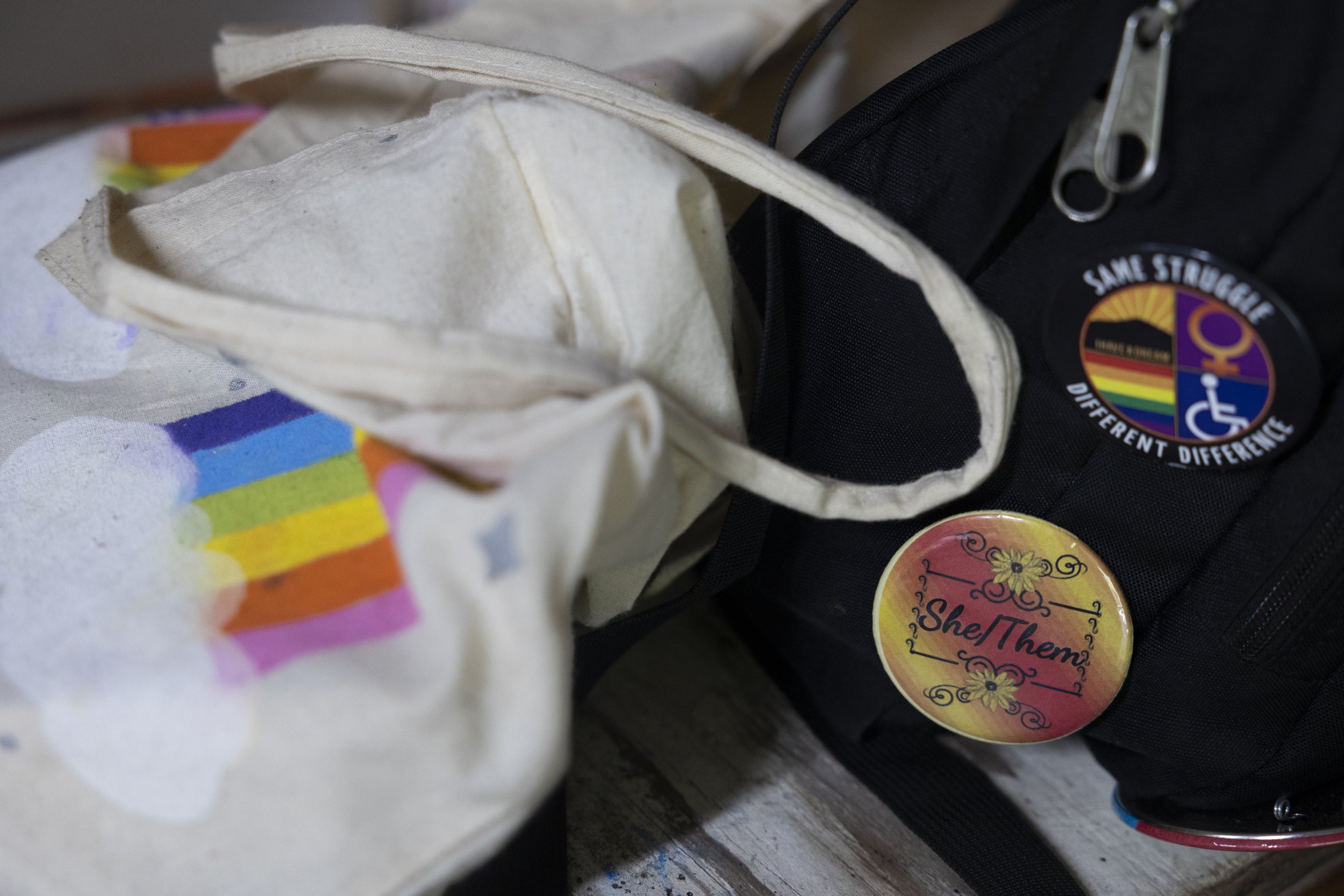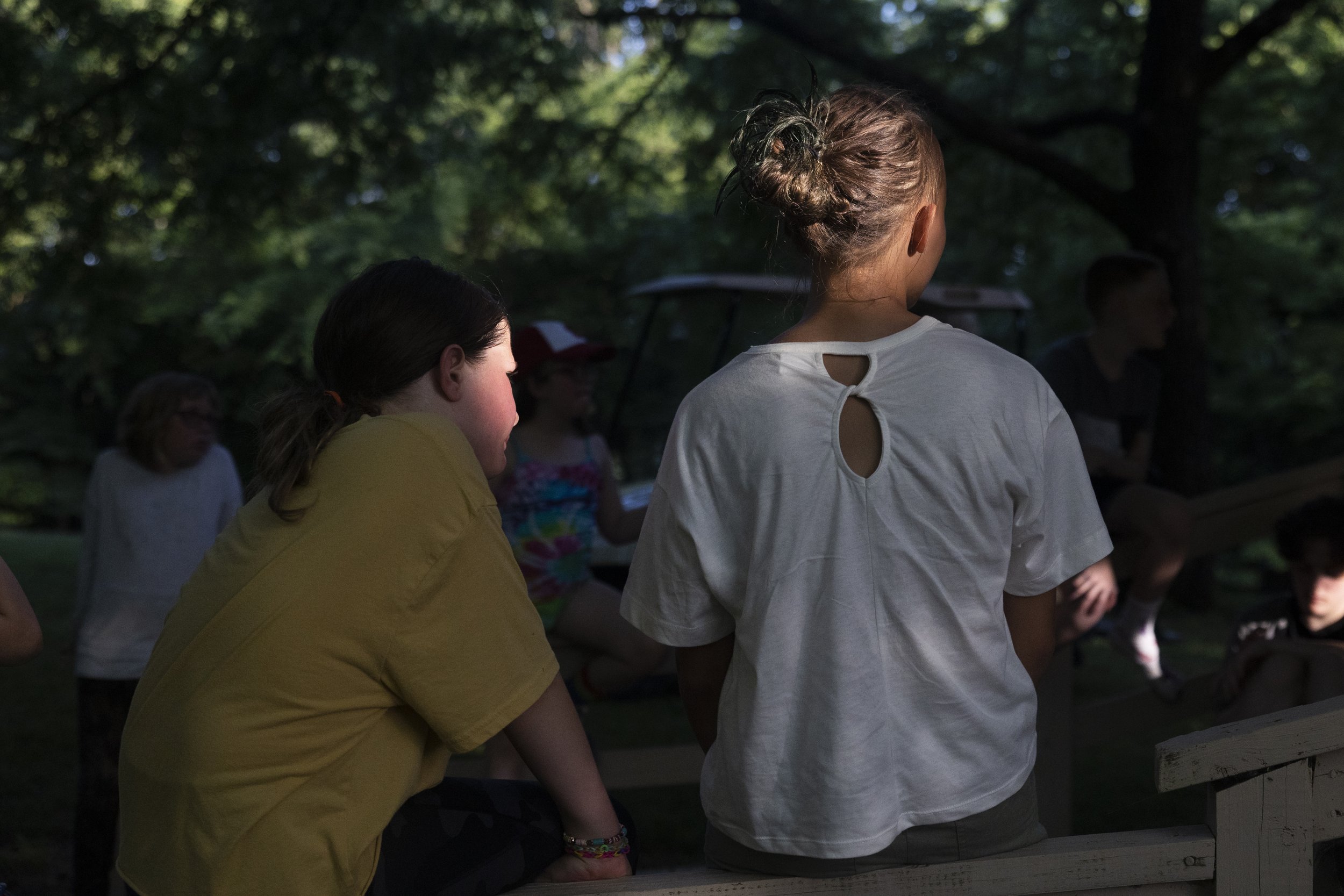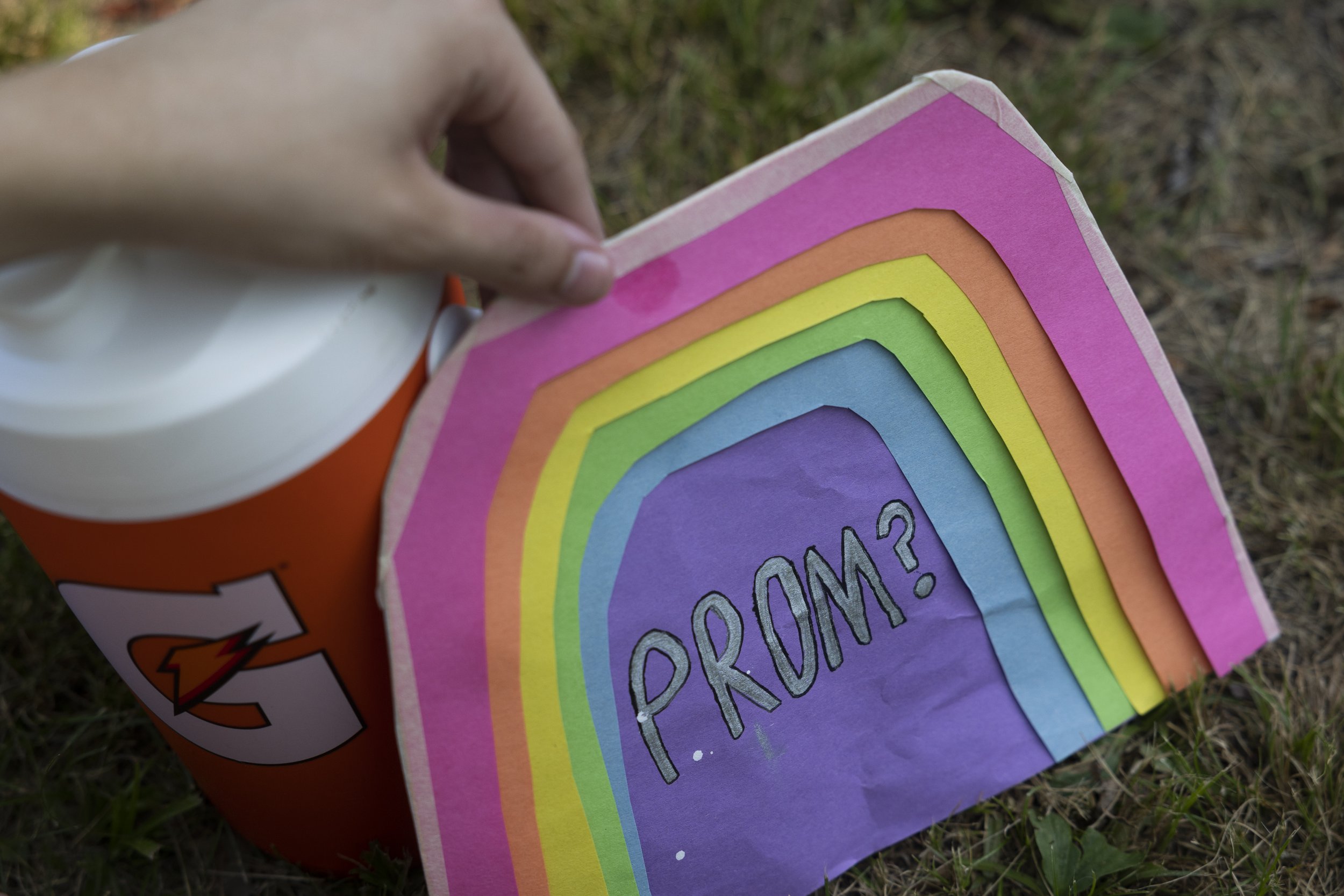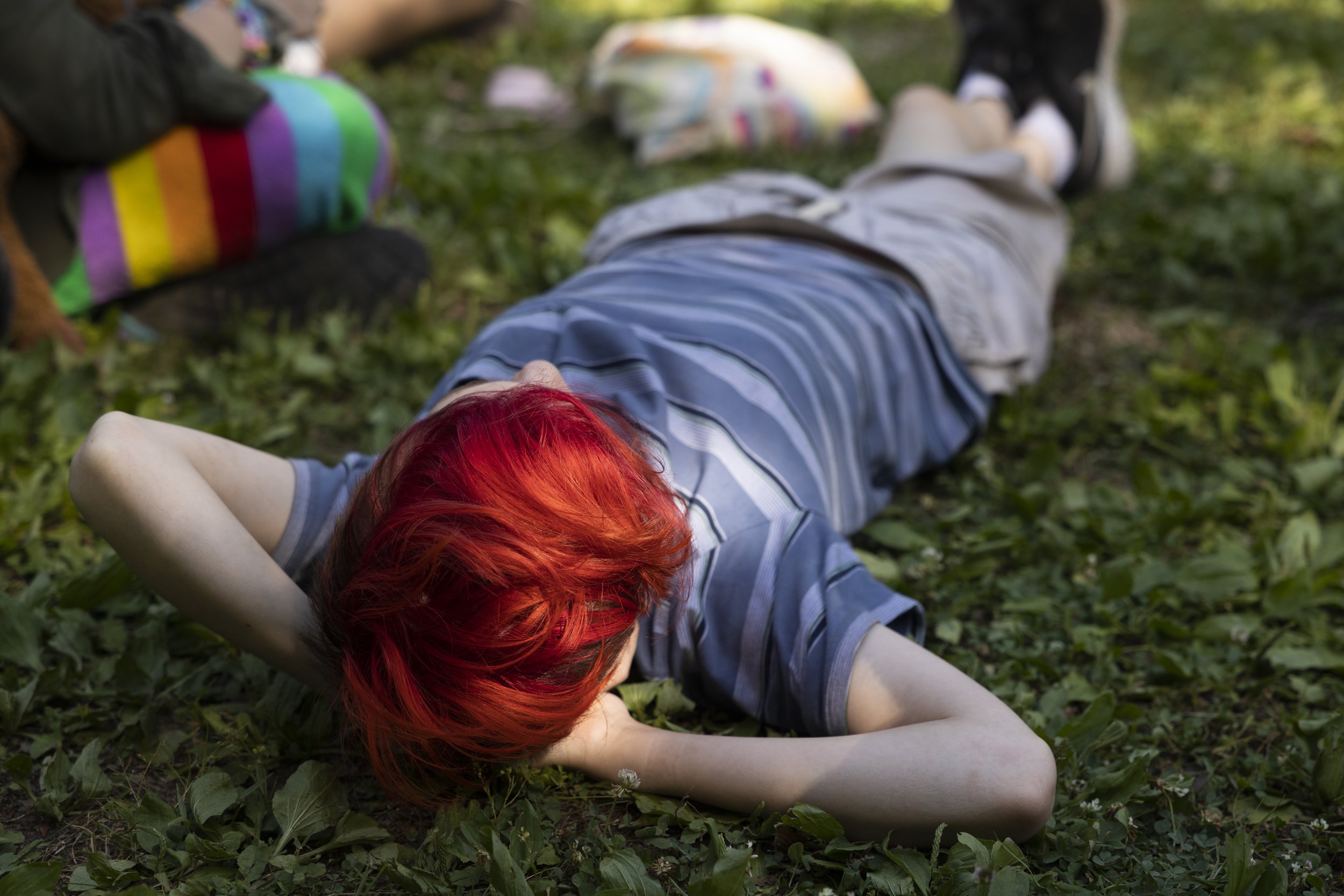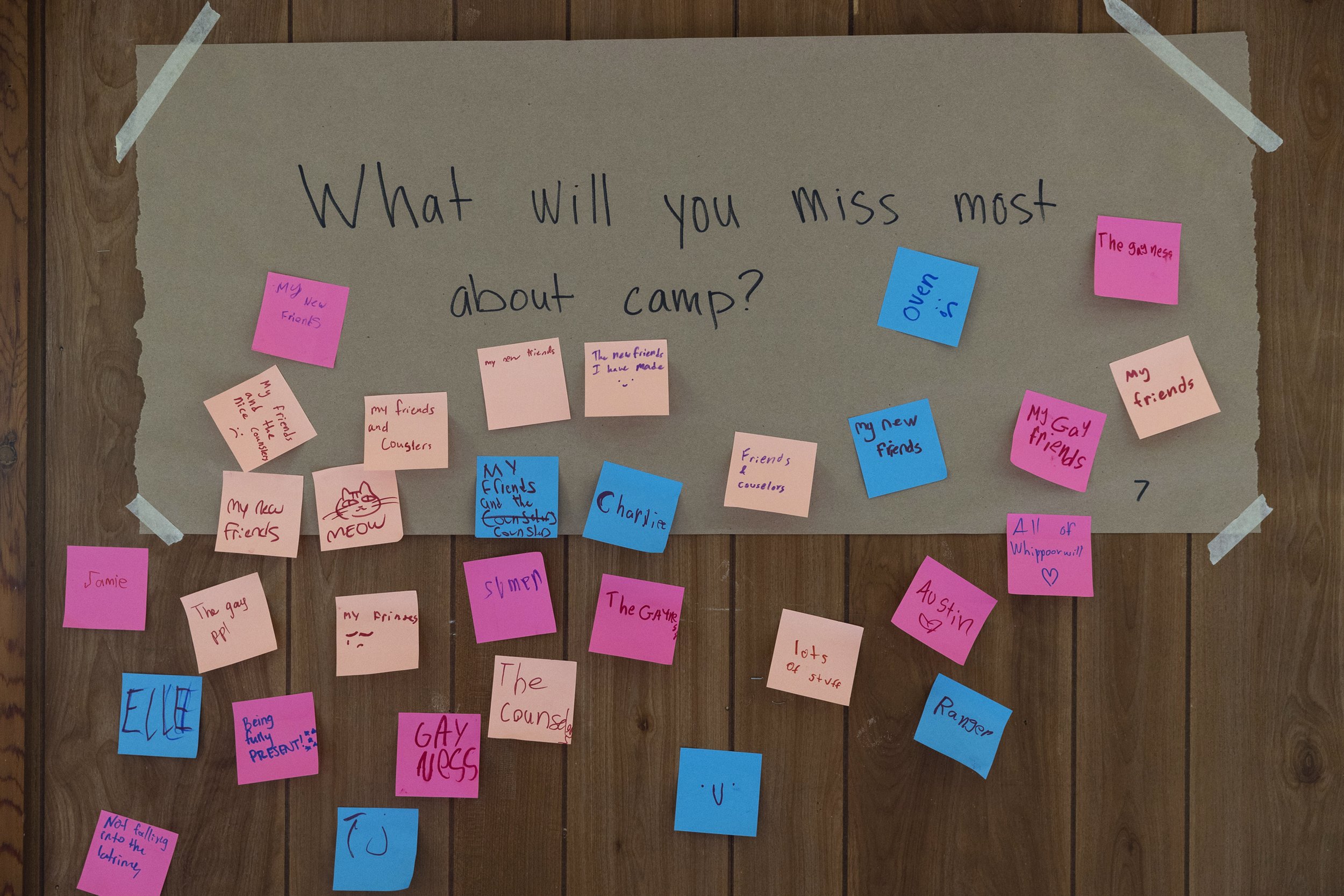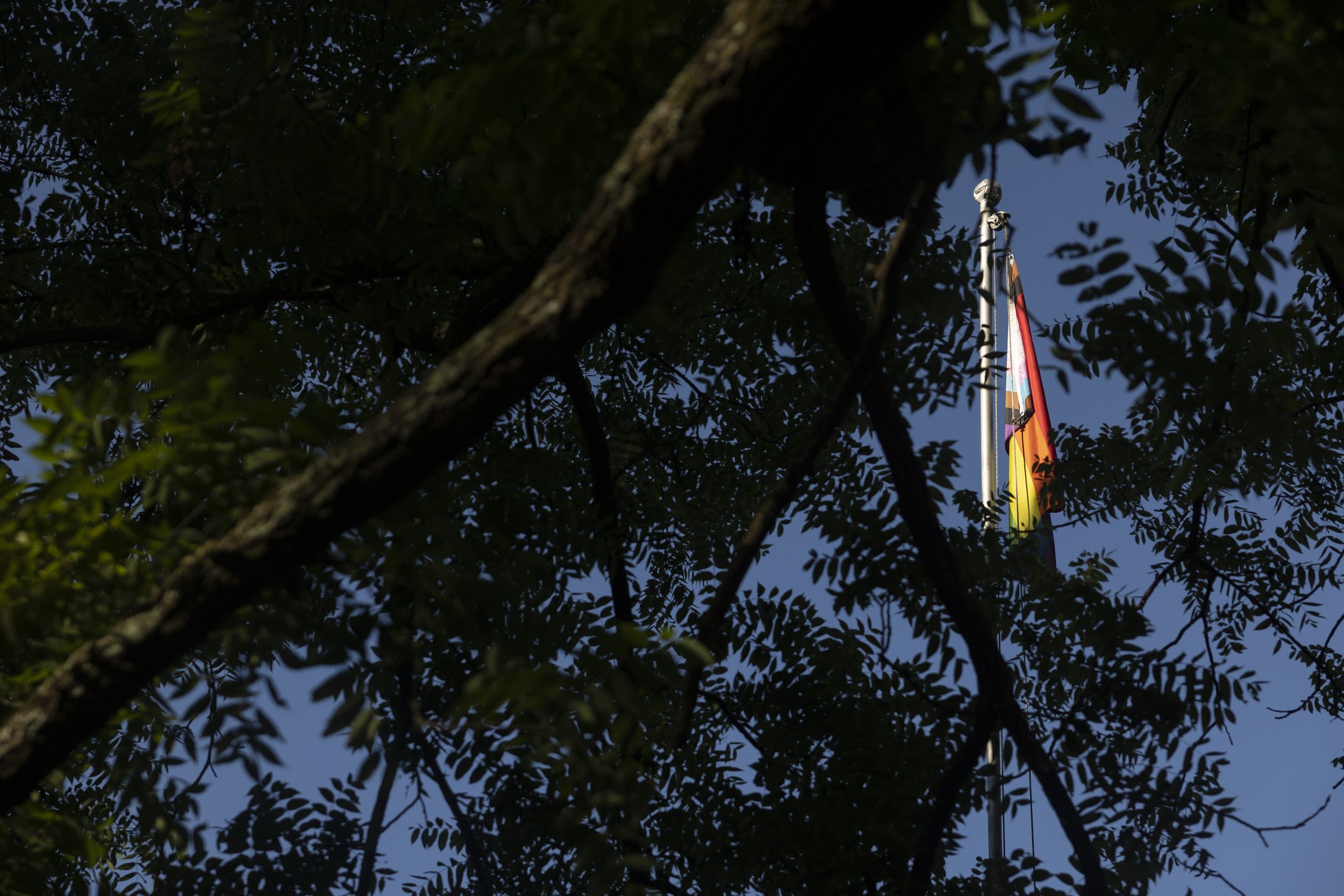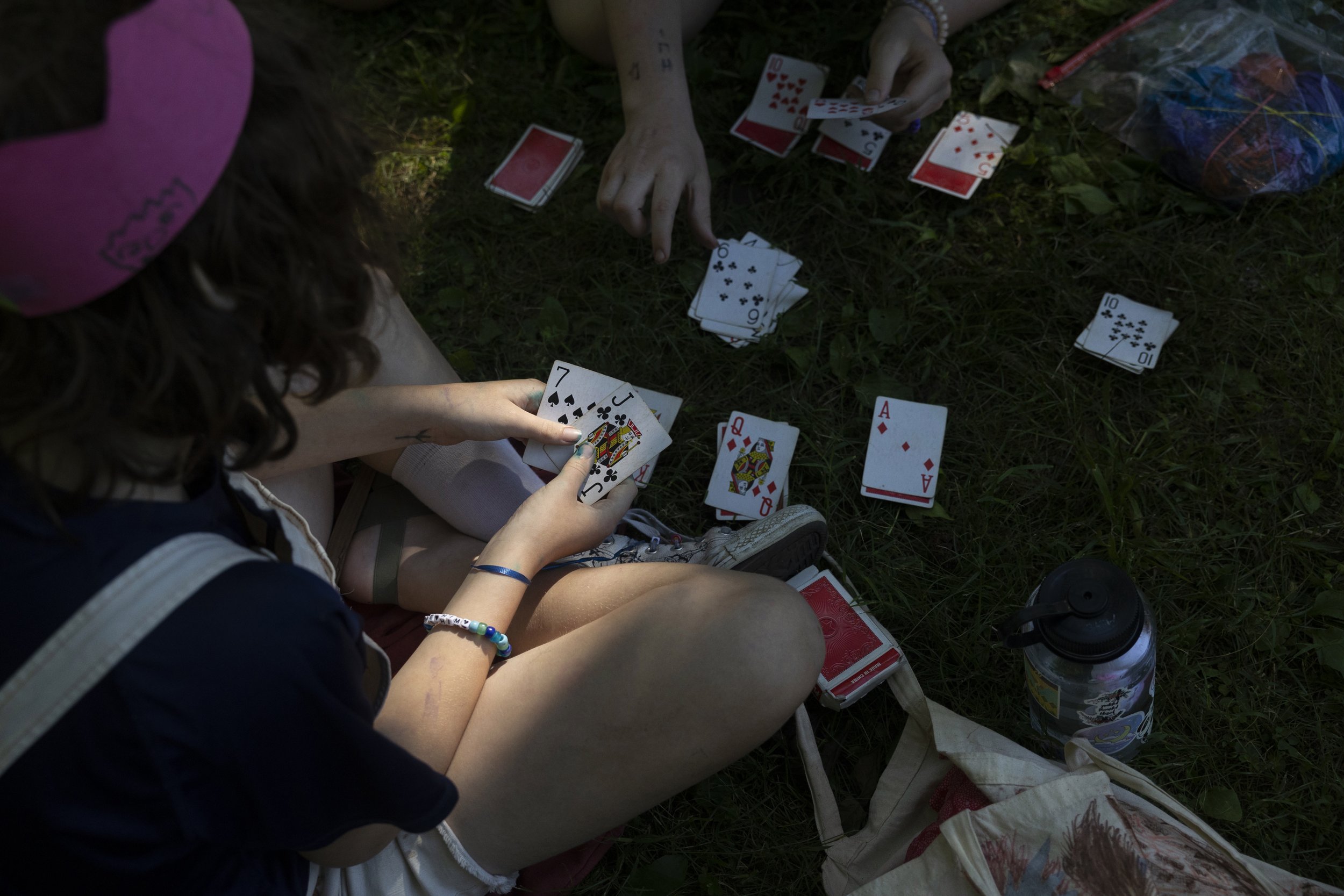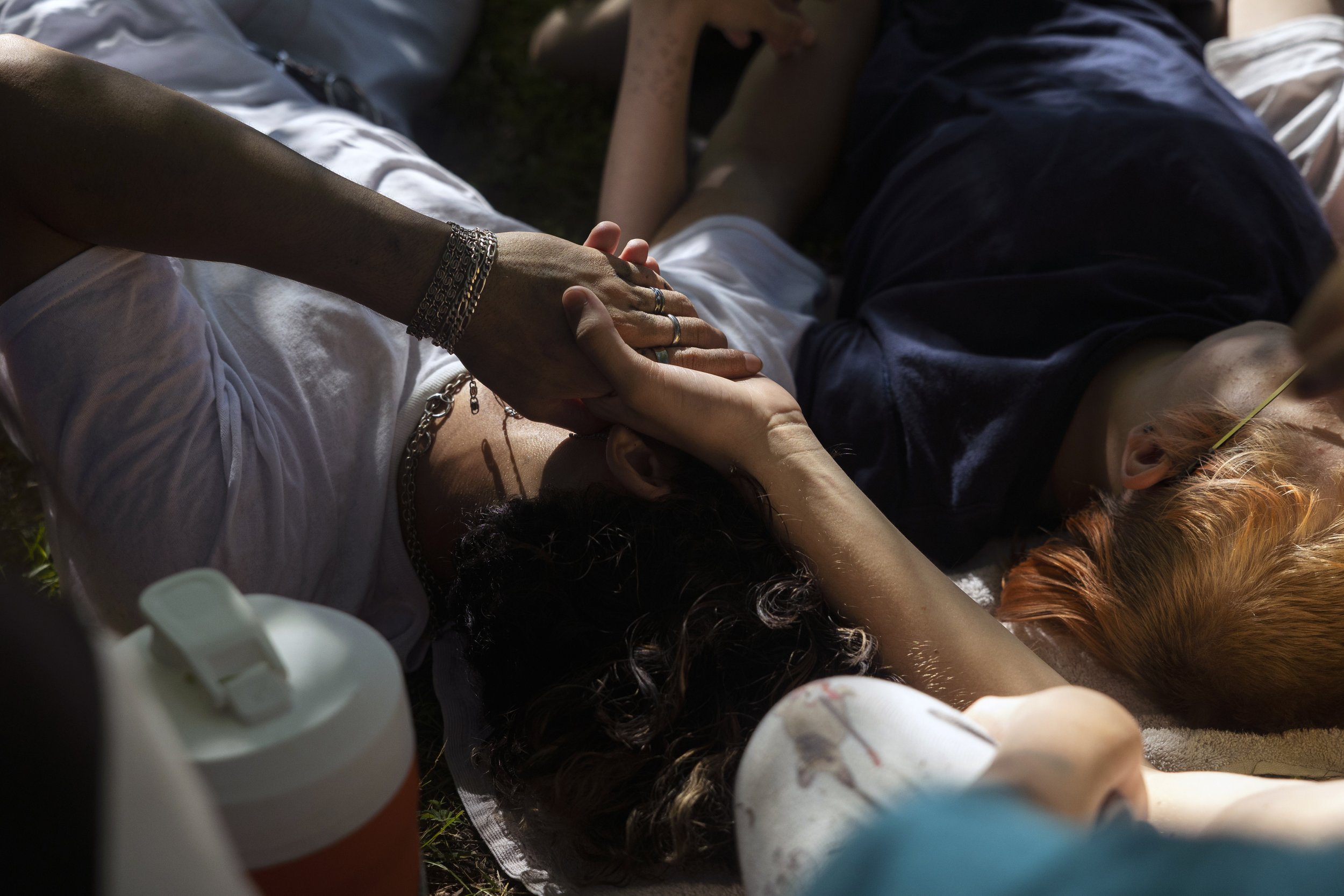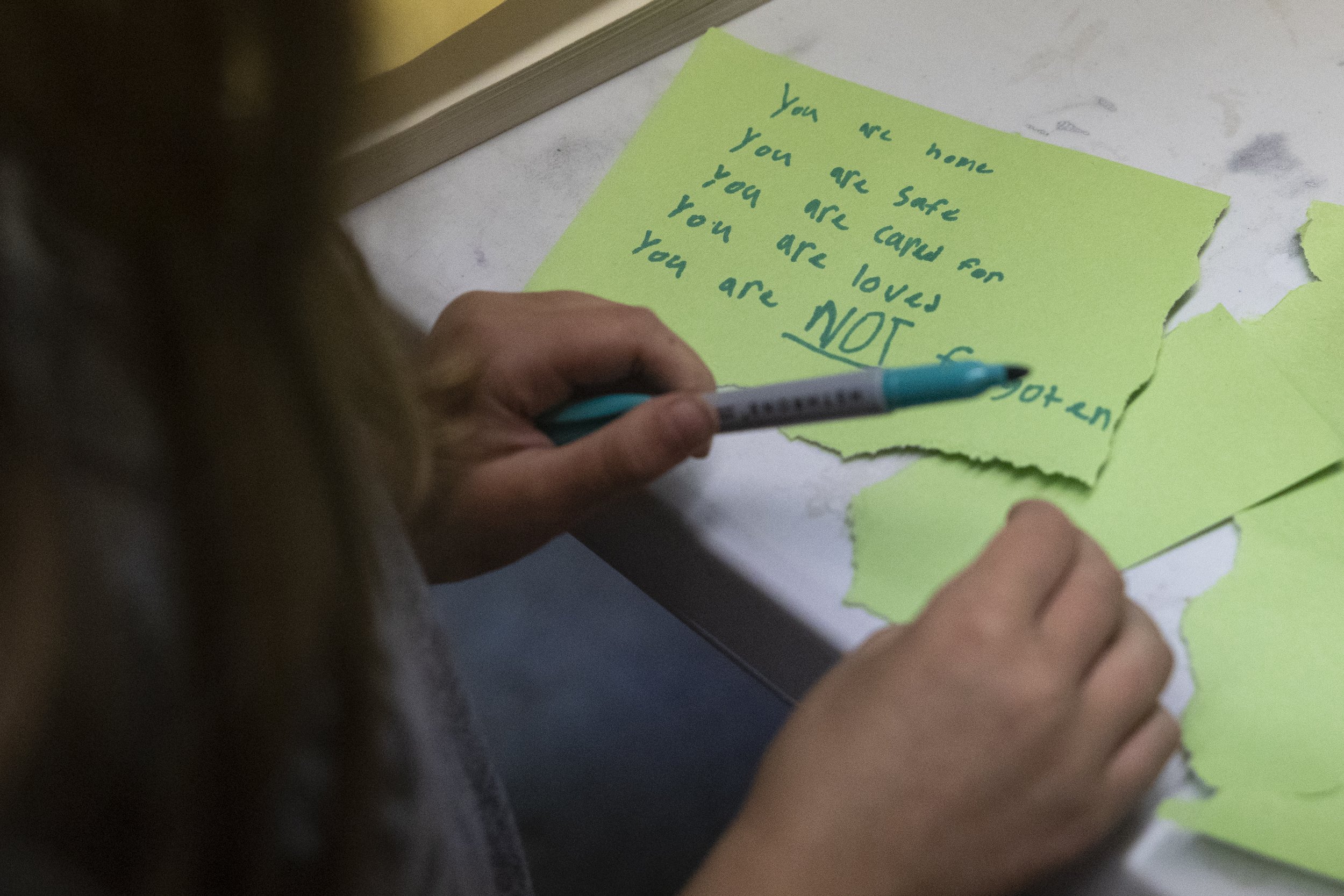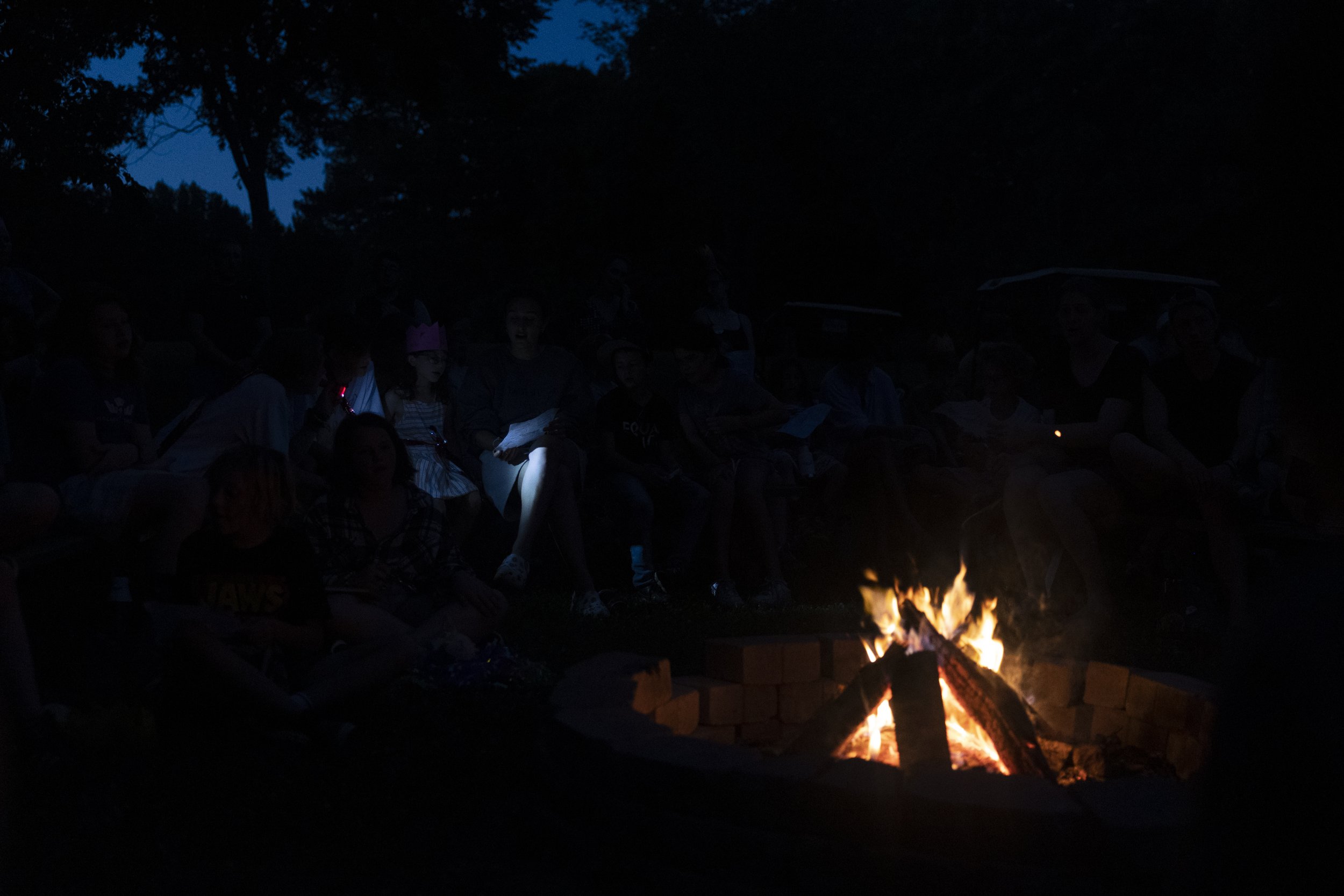In June 2022, I spent several days at Camp Indigo Point: a safe haven for queer youth to explore and embrace their gender identity. The program drew 96 children from 26 states, ranging in age from elementary school through high school, to a former girl-scout campsite in Southern Illinois.
The camp, held for the first time this summer, was organized in a hurry, partly in reaction to conservative politicians across the country aggressively pushing anti-transgender legislation — efforts that advocates say have contributed to a darker climate for a community of young people who are already uniquely vulnerable. “Sharing the parts of me that are queer could be illegal,” said Eloise, an 11-year-old from Michigan. “That just feels like a really scary possibility.”
Organizers hoped to give campers a chance to spend time with other young people like themselves — and also let them simply experience summer camp, with all the fun and frustration that comes with piling into cabins with virtual strangers. They played tag, tie-dyed T-shirts, made s’mores, summoned spirits with a Ouija board, and sang along to hits by the Backstreet Boys and Robyn. And sometimes, in conversations around the campfire, they talked about family members who refused to use their preferred names, and about friendships that had frayed as a result of transphobia.
This work was published by New York Times in September 2022.
